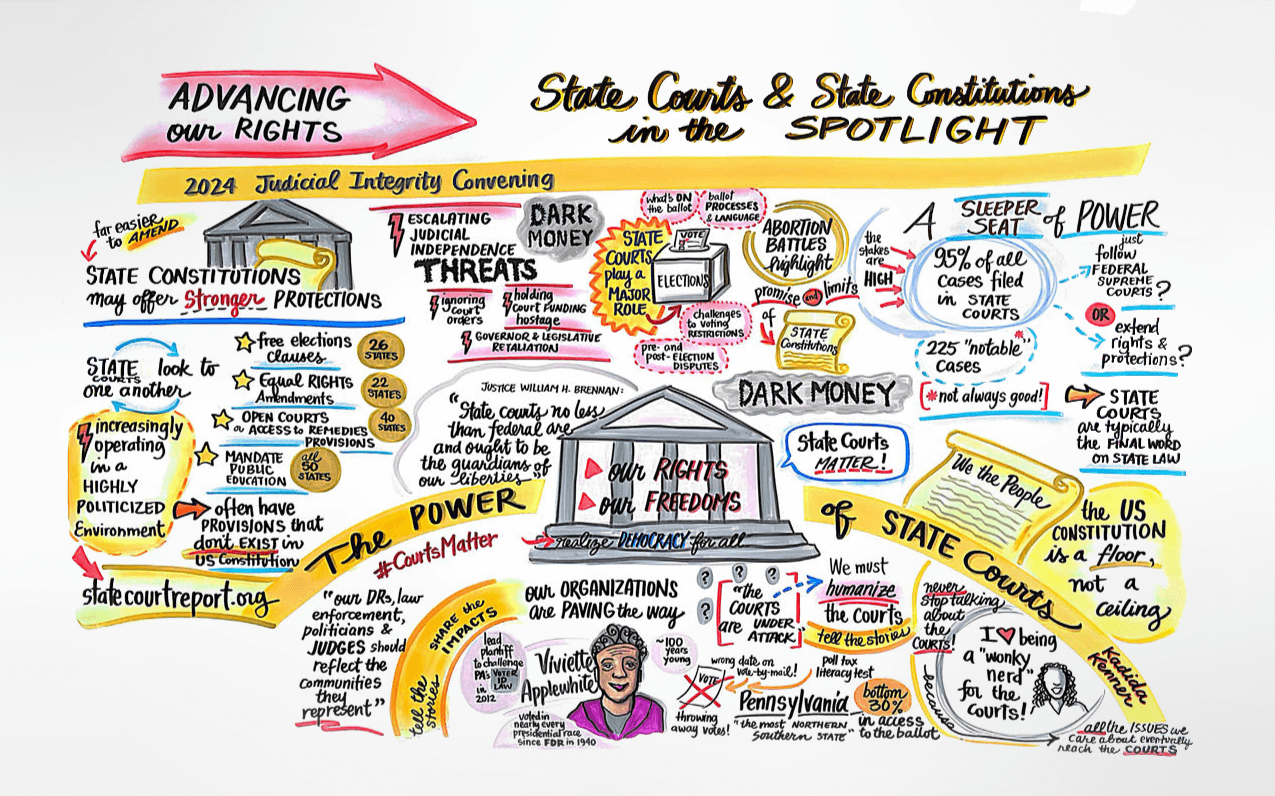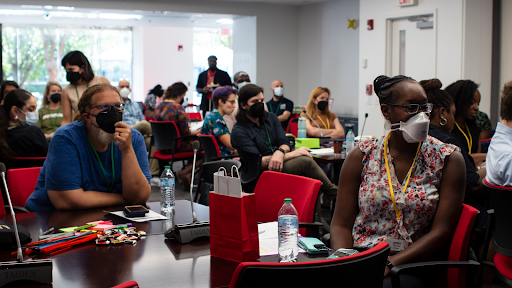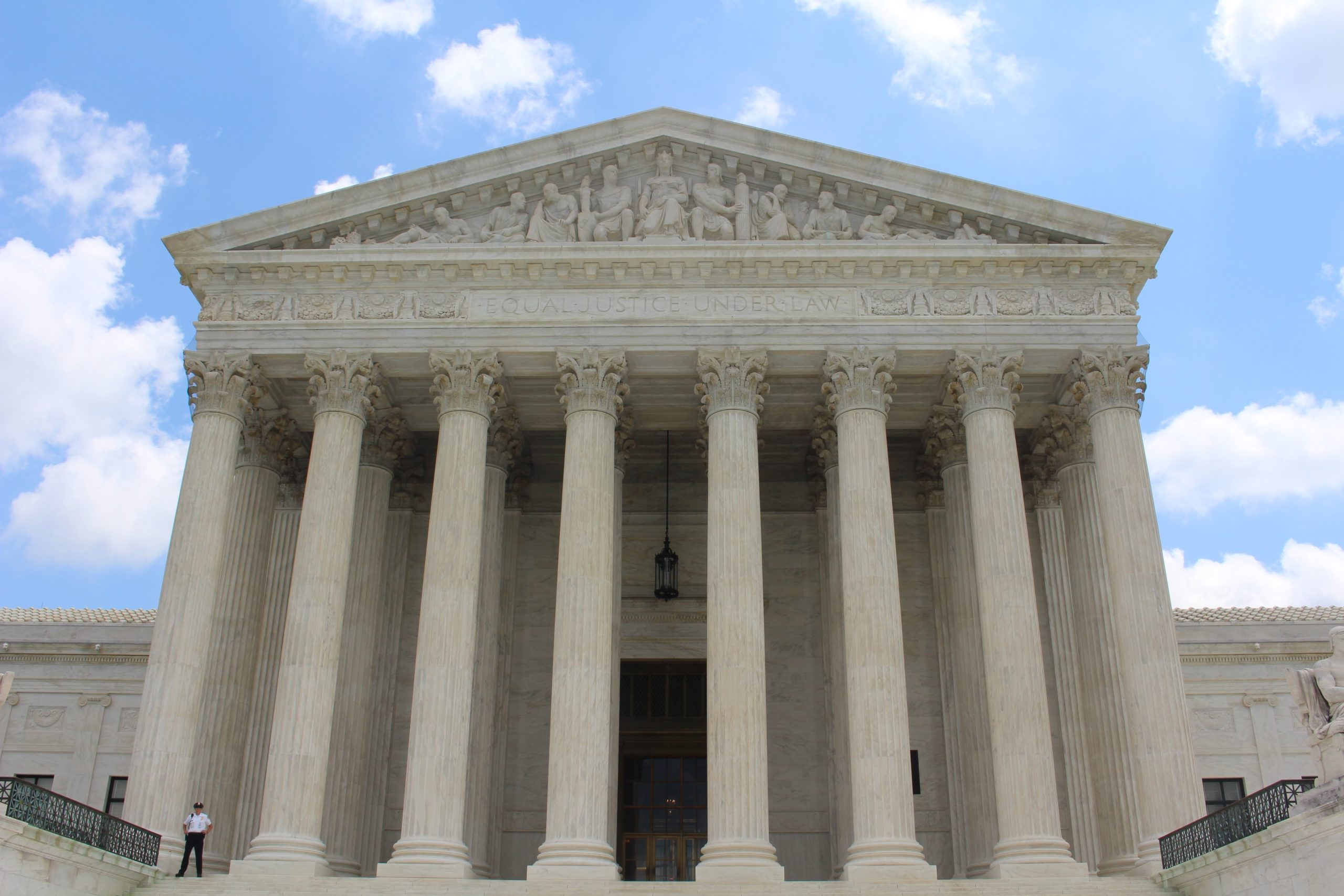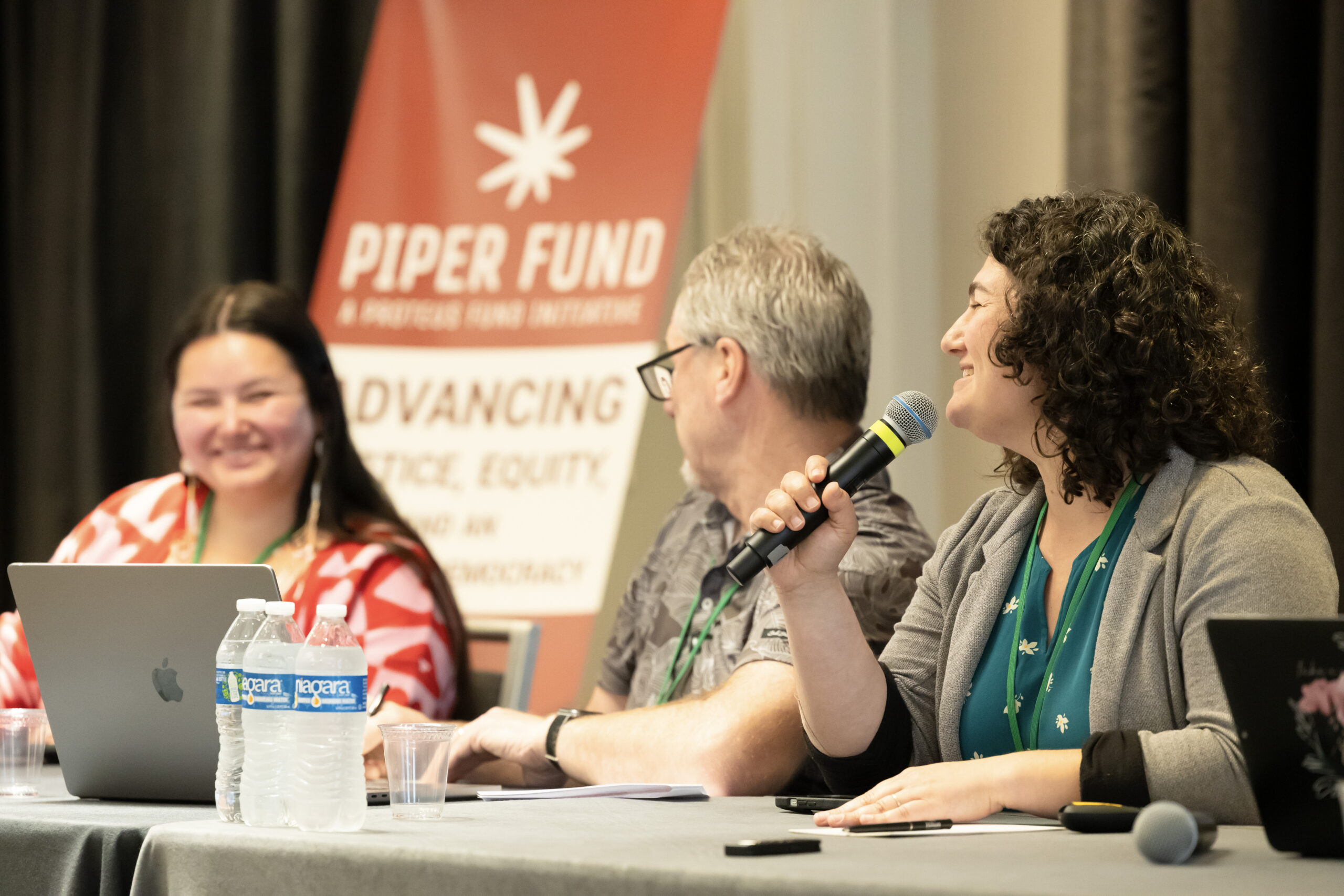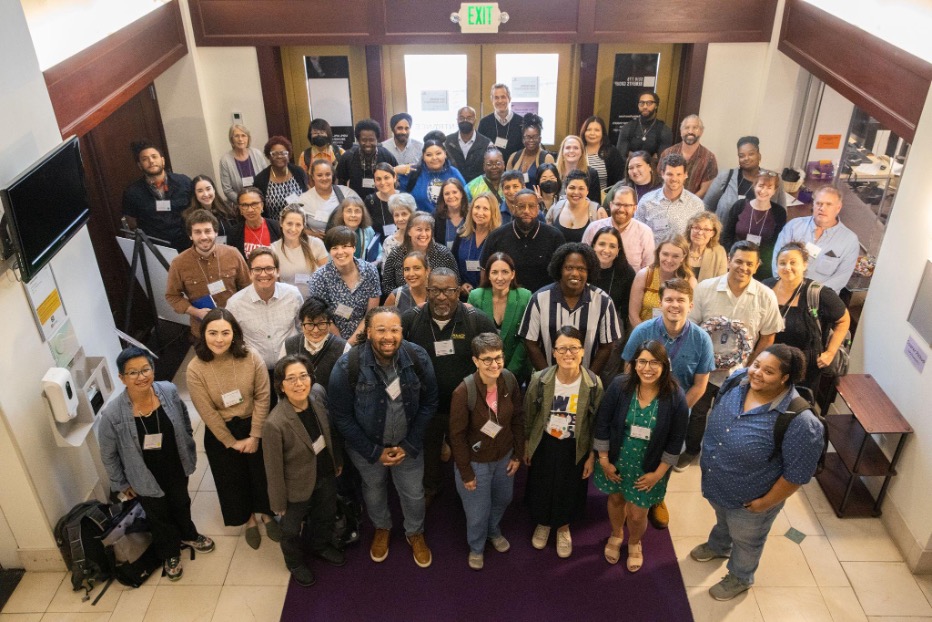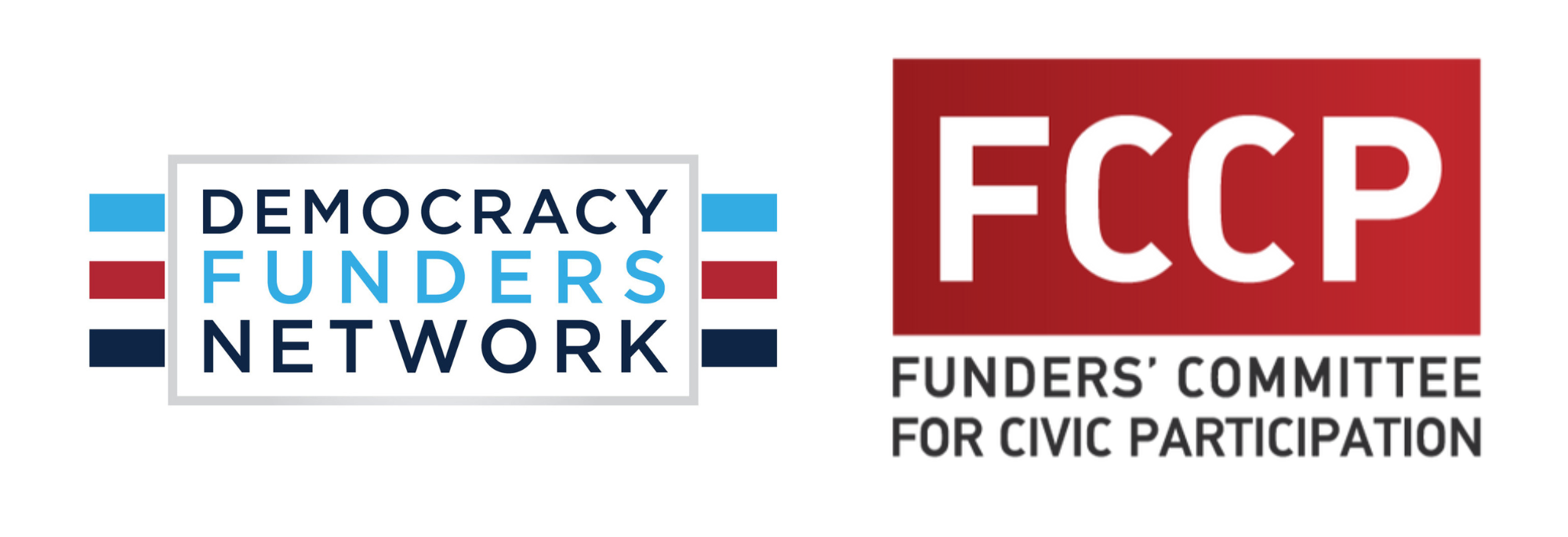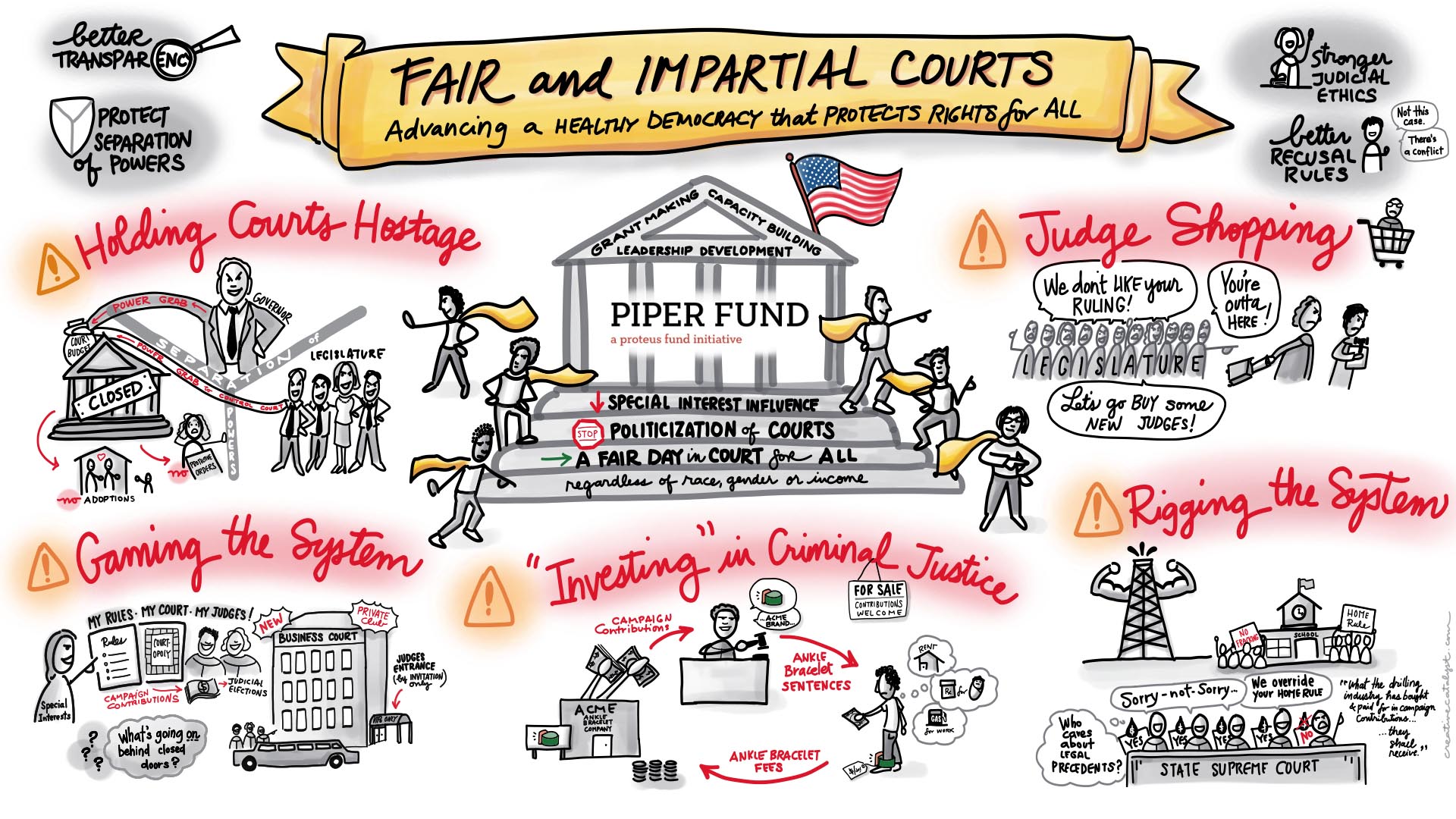Building a healthy democracy that protects everyone’s rights has never been more important as we enter this new era. The current administration has vowed to roll back civil rights protections for women, people of color, immigrants, and religious minorities; has denied climate change; and has challenged the very basis of our democratic institutions and norms from voting rights to a free press. The nomination of big campaign donors, with limited experience in government, to key cabinet posts, the stated commitment to nominating Supreme Court justices opposed to key elements of social justice, and the reality of an uphill battle for any democracy reform in Congress, make short-term advances at the federal level on these key issues improbable.
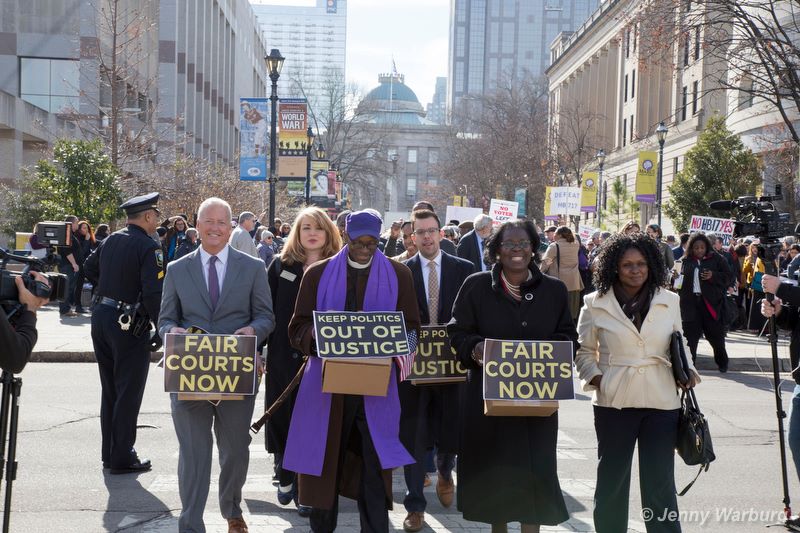
We know that more immediate reform remains viable—and critical—at state and local levels, which will present key opportunities in the coming years. While Piper’s philanthropic strategy to work towards a healthy democracy continues to evolve in close collaboration with our donor partners, two key elements of our work remain clearly necessary:
In this article, we highlight these first of these strategies: Piper’s work to ensure that the independence of state courts is protected so that they are able to protect everyone’s rights. In our next update, we will provide more information about our money in politics reform efforts.
The critical role of state courts, and the efforts to undermine them
In the face of discouraging statements from the new administration that it intends to roll back decades of protections for women, people of color, immigrants, the environment and participation in our democratic institutions—and given the executive branch’s power to appoint federal judges who agree with such rollbacks—state courts will be a key line of defense.
As laws and public policies attacking these rights are challenged in state courts, it will be incumbent upon Piper to support organizations which educate and empower communities and the public at large to defend the integrity and impartiality of these courts. In recent years, both moneyed interests and political forces have attacked state justices for their decisions in favor of reproductive rights, marriage equality, and school funding, among others. These attacks have not only focused on the substance of the underlying rulings, but have extended to efforts to weaken the entire state court system, including initiatives expanding the grounds for impeachment of judges, defunding state courts, and changing the way judges are selected—all aimed to weaken these judicial bodies generally and also specifically allow inappropriate and excessive partisan control of the courts.
More such attempts to undermine state courts have been proposed already this year in a number of states, and will continue apace in this new era. Just this month, for example, three states have introduced legislation that would allow state legislatures to overrule decisions by state supreme courts.
Piper’s work to ensure that state courts stand firm
Piper’s Judicial Independence initiative (JI) is the nation’s leading funder of public education efforts to protect state courts and ensure that they remain, as designed, an impartial and independent final line of defense for everyday citizens and protector of our fundamental rights and democratic norms. The JI’s grantmaking directly funds groups in nine states to build or expand coalitions to either respond to attacks aimed at undermining these key state court functions, or to advocate for systematic reforms that ensure the courts are not inappropriately influenced by special interest groups. We also provide field-building grants to national groups to work more collaboratively and strategically with state groups and to conduct and disseminate research to promote strategic and effective communications, public education and related tactics as well as innovative policies and reforms.
The JI also plays an important and overarching role in building this entire field. Piper and Wellstone Action recently trained 75 advocates representing 15 states, as well as key national organizations, on how to respond to attacks on state courts. Experienced state-level advocates shared how to effectively counter attacks against the courts, and worked side-by-side with individuals new to the field, creating both stronger ties and insights on how to build a plan for action.
To ensure that this work will continue, leaders created the first ever directory of groups to connect 27 state and national organizations at the forefront of this work. Next up is a conference in April to underscore the role of state courts in environmental justice, and soon we will begin planning the 2017 Wellstone-Piper national convening. Piper continues to build communications infrastructure for the field, both through our grant to ReThink Media and through new messaging research. Additionally, Piper and its allies are actively tracking legislation to determine trends in the types of attacks on the courts and develop strategic responses.
Piper’s comprehensive approach of combining strategic grantmaking for the most impactful strategies, state coalitions, and field-building activities to expand capacity, infrastructure and knowledge, will help ensure that state courts are able to do their job—protect fundamental rights and liberties as well as the basic framework of our democratic institutions.
